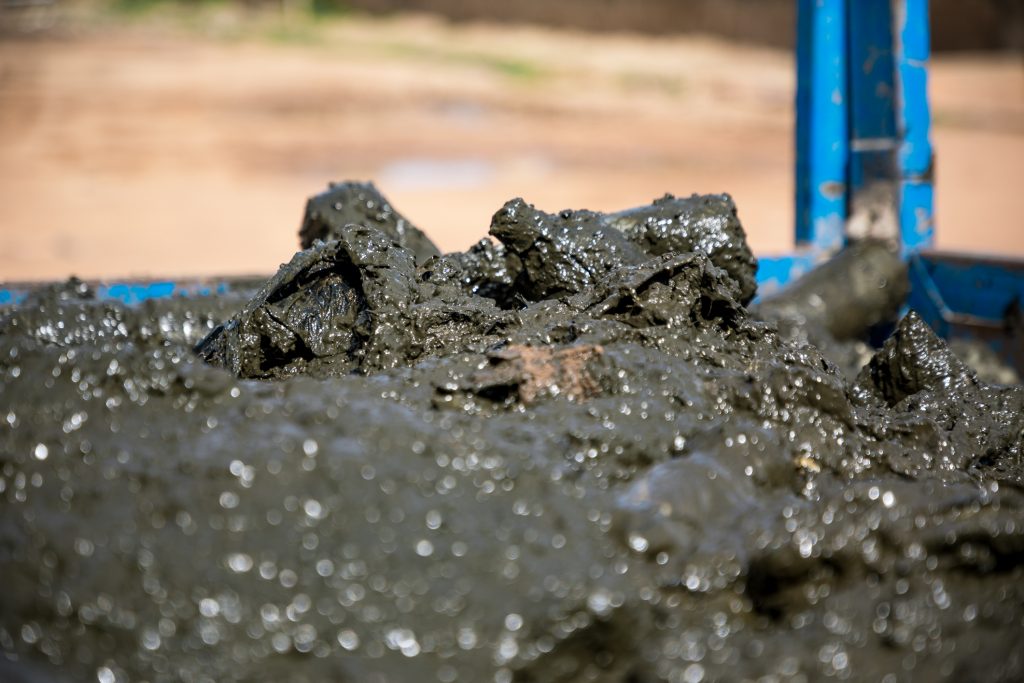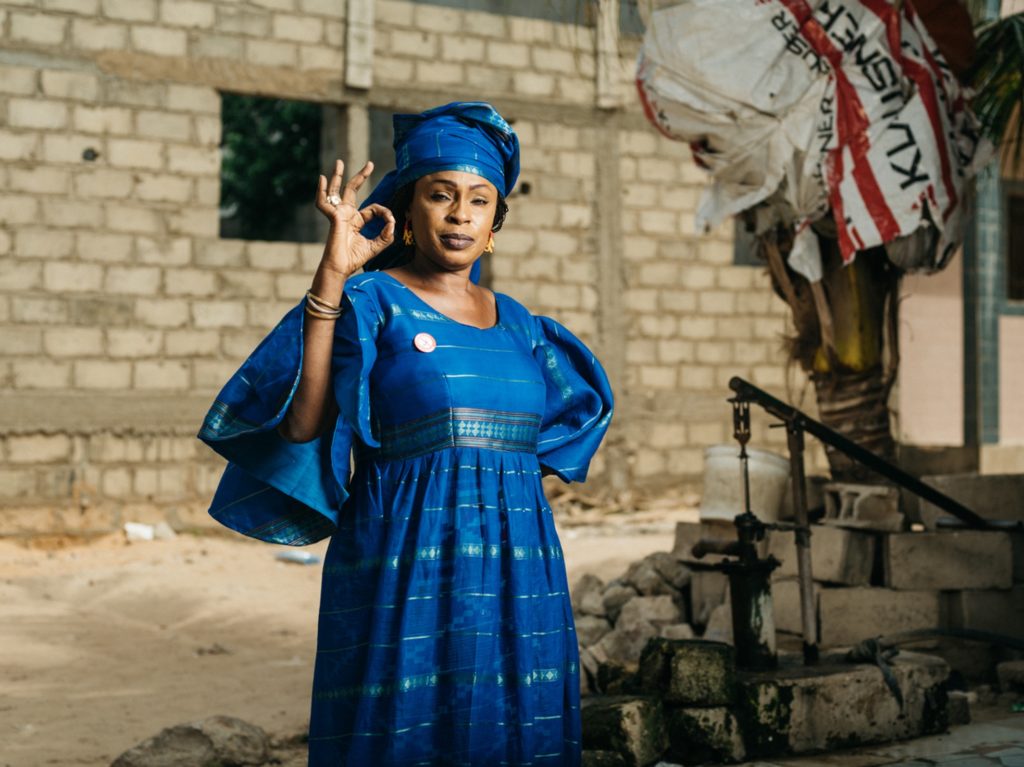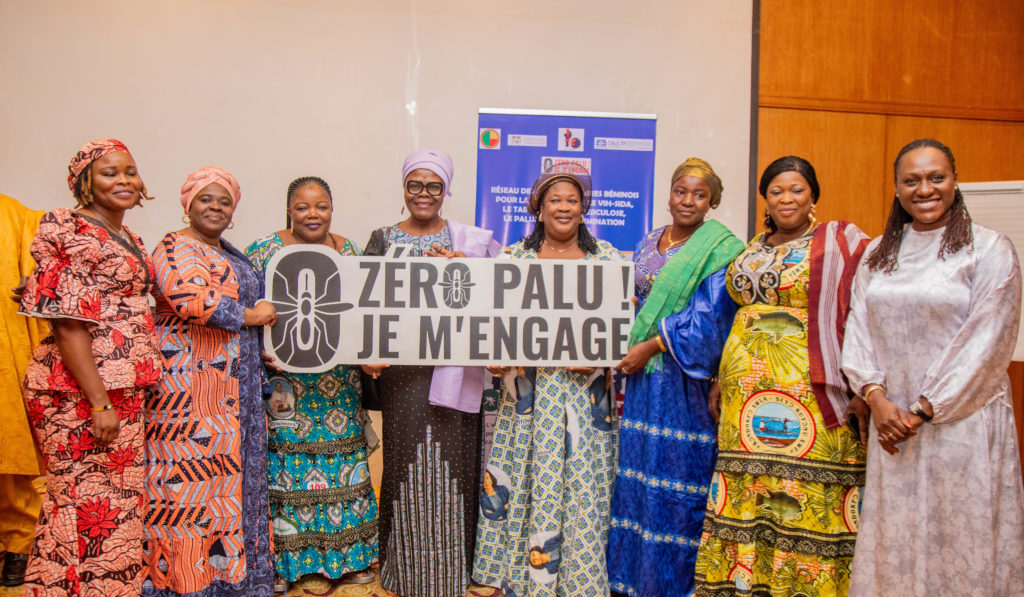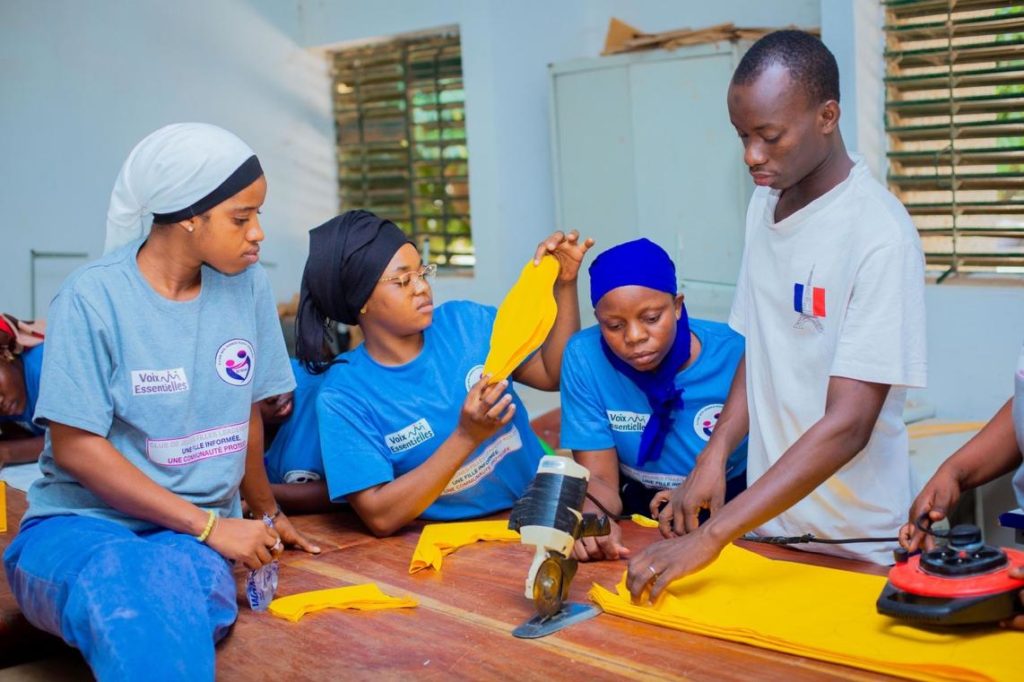Universal access to sanitation, a human right recognized by the United Nations since 2010.

« 4.5 billion people around the world still do not have access to improved sanitation services in 2017. Sanitation remains a major challenge around the world knowing that 80% of the world’s wastewater is released daily into the environment with no appropriate treatment. As November 19 marked World Toilet Day, Speak Up Africa would like to take this perfect opportunity to highlight the work of Ms. Lena Tall Faye, one of the very few women leading incredible work on sanitation in Senegal.”
For Lena Tall Faye, Sanitation Isn’t Just a Business, It’s a Calling
As a young girl growing up in the Sine Saloum region of Senegal, Lena Tall Faye experienced first-hand the indignities and dangers of being without safe sanitation. Like most women and girls in Africa, Lena was responsible for maintaining the family’s rudimentary facilities and ensuring good hygiene as best she could. When the manual emptier showed up to dispose of her village’s waste, she and her seven siblings knew how important it was to stay away. They understood that severe illnesses could arise from exposure to that waste, which could be devastating to their family.
Fast forward 20 years later, and Faye is now at the forefront of bringing safe sanitation to Senegal and the entire African continent. As founder and CEO of Delta and one of the most successful woman leader in West Africa’s sanitation sector, she’s not only providing dependable, affordable sanitation services to millions of people, she’s also playing a pivotal role in revolutionizing the way African countries deal with their waste.
Determined to Be a Dependable Provider
From the very beginning of her life, Faye exhibited an unwavering dedication to her family. As the oldest child, she felt responsible for helping her hardworking mother, “a brave, uneducated woman, a housewife and mother of eight children who did everything in her power for us to live in good conditions,” according to Lena. While she very much wanted to complete her education, Faye decided to quit middle school and train in the area of dactylography, the study of fingerprints. That led to a job at a local bank.
But working at the bank didn’t provide the kind of security Lena wanted. After a few years, the bank decided to restructure and announced a series of layoffs. Every three months, a group of staffers were let go. “Each time I felt this sword of Damocles hanging over my head, knowing that one day, I could wake up and just lose my job. This unbearable feeling and this untenable situation triggered me, and I realized I could not sit idly by, waiting to be fired and unable to support my family.”
That’s when Lena’s entrepreneurial spirit kicked in. While still holding down her position at the bank, she went to the Dakar Chamber of Commerce and created a cleaning company called Delta. She did it without a loan and without financial help from her family. Her first assignment was to provide general maintenance to a large school, which she did by hiring contract workers.
Contributing to the Greater Good
Being a woman with tremendous drive, Lena knew she wanted to expand her business, and that’s when she looked to the sanitation sector. “I often saw draining trucks around my place of work. At home, we had manual emptying, so I was familiar with the draining process. I said to myself, why not invest in this sector? Not only to make money, but also to contribute to improving people’s living conditions.”
And that’s exactly what she did. She began by investing in a single emptying truck, but every time it broke down, the business would come to a halt and she’d have to rent trucks to satisfy her customers. So she got a second truck. Then more contracts led to a third truck. “The more you eat, the bigger your appetite. Therefore, the more trucks I bought,” Lena explained. She now has 20 trucks and between 100 and 200 employees at any given time.
What started as a determination to support her family eventually became a commitment to providing much-needed employment to members of her community, along with a better, safer living environment. “Sanitation is a calling, Lena said. “It’s not just about making money, but also contributing to the good health of people.”
On the Cutting Edge of Waste Management
That calling led to Delta joining a consortium of septic tank emptying companies known as Delvic, which was selected by the Senegalese government to partner with ONAS, the national sanitation utility, to manage the nation’s four faecal sludge treatment plants. Under Lena’s leadership, this private entity has helped dramatically improve the management, efficiency and profitability of the treatment plants.
What’s more, Delvic focuses on the entire sanitation value chain, from collection to treatment to enhancement of the sludge. Working with the Bill & Melinda Gates Foundation, Delvic is overseeing the test site for the world’s first Omniprocessor, a groundbreaking waste treatment plant that turns raw sewage into drinking water, as well as ash that can be used as a soil amendment and electricity. With diseases due to poor sanitation causing about 700,000 African children to die each year, the Omniprocessor is an opportunity to combat those deaths while also producing lifesaving drinking water and other high-quality goods.
How to Succeed as a Woman in a Man’s World
Knowing how critical—and lucrative—the sanitation sector is, Lena is vocal about encouraging more women to get involved. But she’s also the first to point out that trying to make inroads in such a male-dominated industry is extremely difficult. “You have to fight, have willpower, accept failure, then get right up,” she advises her fellow women. “And above all, be psychologically and mentally strong.”


